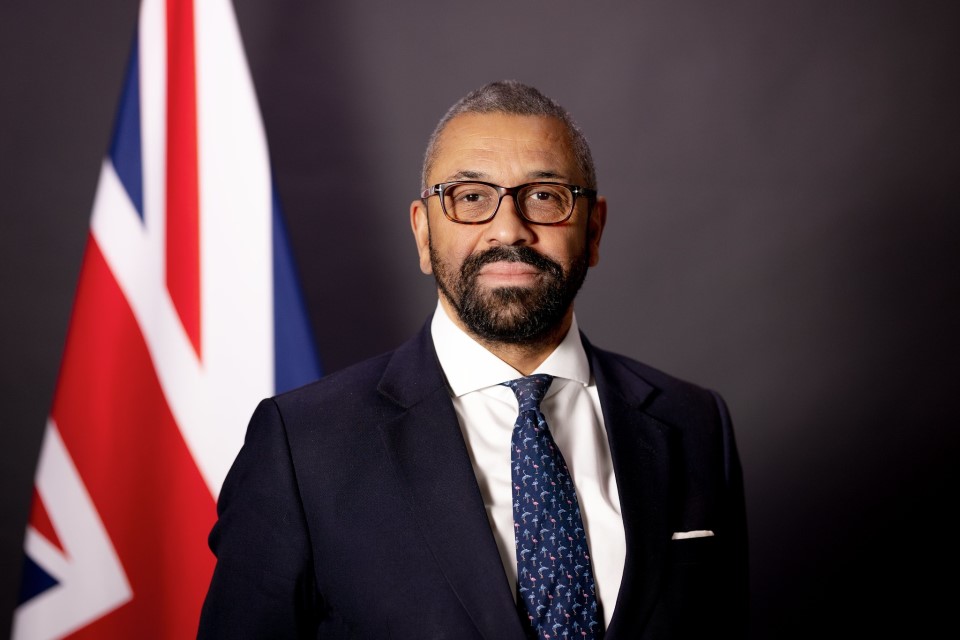Global Humanitarian Overview 2022 launch: Minister Cleverly's opening speech
Minister James Cleverly opened the London launch of the annual Global Humanitarian Overview from the United Nations Office for the Coordination of Humanitarian Affairs.

Good morning and thank you for joining us at the London launch of the UN’s 2022 Global Humanitarian Overview. In a world in crisis, it is vital that we come together to help those in greatest need.
I am very grateful to OCHA for bringing us together today and for their vital coordination of global humanitarian responses and the leadership of the Emergency Relief Coordinator, Martin Griffiths.
It has been a year since I last had the opportunity to speak to you all. At that time, we faced global challenges that none of us had seen before.
Sadly, despite our best efforts, those challenges remain. In fact, they have grown, both in scale and in severity.
The nightmarish combination of conflict, COVID-19 and climate change means that over 270 million people are currently in need of humanitarian assistance. That’s nearly 40 million more than last year.
A year ago, only one country, Burkina Faso, was suffering famine-like conditions, which affected 13,500 people. Today, 600,000 people across 5 countries suffer the same. Another 36 million people in 41 countries, including Afghanistan, are facing a real and imminent risk of famine.
With more families and communities needing us than ever before, demand is fast outstripping resources. We need to find new ways to address the challenges they face.
This is not just a question of funding. It requires a shift in the way we work – building new partnerships and tools to better address and anticipate humanitarian crises.
This means harnessing big data and artificial intelligence, and the expertise of the private sector. It means aiming the power of climate finance at the most fragile contexts. It means more collaborative humanitarian, development, climate and conflict responses.
This is how we will find new ways to anticipate future crises, act more quickly when they happen, and tackle recurring crises more decisively.
Meanwhile, we will put the power in the hands of those who are most affected, through reflecting the needs, experience, coping mechanisms and aspirations of affected populations and especially women and girls, and of civil societies, in our collective responses. Their first-hand insights are vital, and we know their involvement makes solutions more effective and more sustainable.
The UK is committed to tackling this 3-headed monster of climate change, conflict and COVID-19. Our approach will focus on:
First, prioritising those most in need and providing what they need the most.
Second, protecting the safety, dignity and rights of individuals in situations of conflict and crisis; including the marginalised, the displaced, and especially women and girls; who are disproportionately impacted by gender-based violence and abuse, and promoting improved humanitarian access.
Third, preventing and preparing for the crises to come.
We are taking a proactive approach with our partners to help people in the hardest-to-reach places.
We are also on course to deliver our commitments under the G7 Famine Compact. The Compact – the first of its kind, agreed under our presidency, holds us to account.
The G7 committed to bridge funding gaps in vital areas. And to make sure we stand ready to leap into action at the first signs of trouble. We will keep working closely with our partners, including OCHA, on this.
It is vital to prevent today’s problems from turning into tomorrow’s crises. Working together in good faith like this, I know, will prepare us for the difficult days ahead.